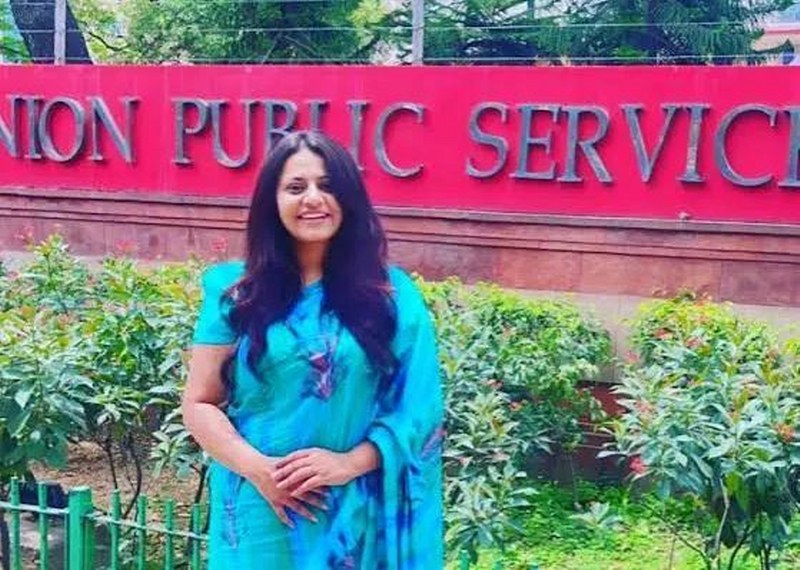Synopsis
Puja Khedkar, a candidate for the Indian Administrative Service (IAS), has been embroiled in legal controversies over her candidature. On July 31, 2024, the Union Public Service Commission (UPSC) cancelled her provisional selection for the IAS, citing violations of examination rules. Khedkar is accused of fraudulently gaining benefits under the reservations designated for Other Backward Classes (OBC) and Persons with Benchmark Disabilities (PwBD). She allegedly submitted false OBC and PwBD certificates and changed her and her parents’ names to avoid detection.
Khedkar has taken her case to the Delhi High Court, challenging the cancellation of her candidature. The court has not made any judgments on Khedkar’s case but has instructed the Delhi Police to expand their investigation to uncover if other candidates had similarly misused reservation benefits or quota provisions.
Khedkar’s anticipatory bail plea was rejected by Additional Sessions Judge Devender Kumar Jangala, who ordered a thorough investigation into her activities and directed the probe to explore if any UPSC officials were involved in facilitating her fraudulent actions. This case has prompted a wider investigation into the misuse of reservation benefits in the UPSC examinations, drawing attention to the integrity of the civil services selection process and the measures needed to prevent such incidents in the future.

Article Explanation
The article discusses the case of Puja Khedkar, who allegedly engaged in multiple fraudulent activities to secure a position through the Union Public Service Commission (UPSC) exams. The article identifies several key points, including the use of fraudulent methods, false claims, falsified certificates, and the use of a dubious disability certificate. Khedkar claimed mental illness and visual impairment, falsified a community certificate, and used a dubious disability certificate to get selected, despite her rank being insufficient otherwise.
The article also highlights the hospital’s clarification of her disability certificate, which would not typically qualify for benefits. Khedkar fabricated an OBC certificate, used multiple identities to take exams, and falsely claimed her parents were divorced to bypass the creamy layer exclusion criteria. The article calls for a comprehensive overhaul of the competitive examination system and a broader issue with the examination system in India. The article uses Khedkar’s case to illustrate the vulnerabilities and flaws in the current examination and certification systems, emphasizing the need for systemic reforms to prevent such incidents and ensure fairness and integrity.
Join our telegram channel for regular updates of The Hindu Epaper Editorial Explanation-https://t.me/Thehindueditorialexplanation
The Hindu Epaper Editorial Explanation given by Hello Student is only a supplementary reading to the original article to make things easier for the students.
In conclusion, preparing for exams in India can be a daunting task, but with the right strategies and resources, success is within reach. Remember, consistent study habits, effective time management, and a positive mindset are key to overcoming any academic challenge. Utilize the tips and techniques shared in this post to enhance your preparation and boost your confidence. Stay focused, stay motivated, and don’t forget to take care of your well-being. With dedication and perseverance, you can achieve your academic goals and pave the way for a bright future. Good luck!
The Editorial Page of The Hindu is an essential reading for all the students aspiring for UPSC, SSC, PCS, Judiciary etc or any other competitive government exams.
This may also be useful for exams like CUET UG and CUET PG, GATE, GMAT, GRE AND CAT

One Reply to “A Case of Excesses: On the Puja Khedkar Case. The Hindu Editorial Explanation 8th August’2024.”